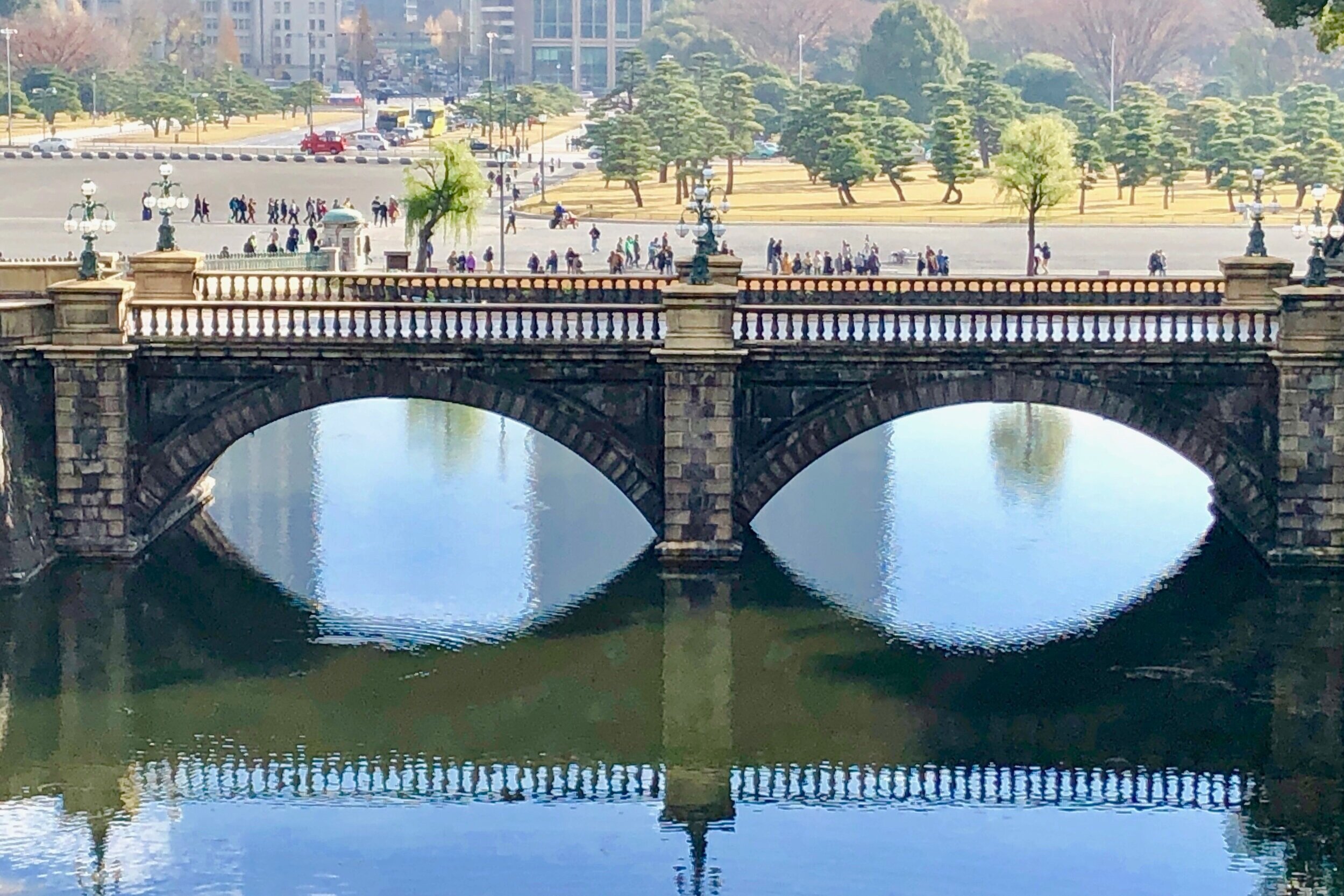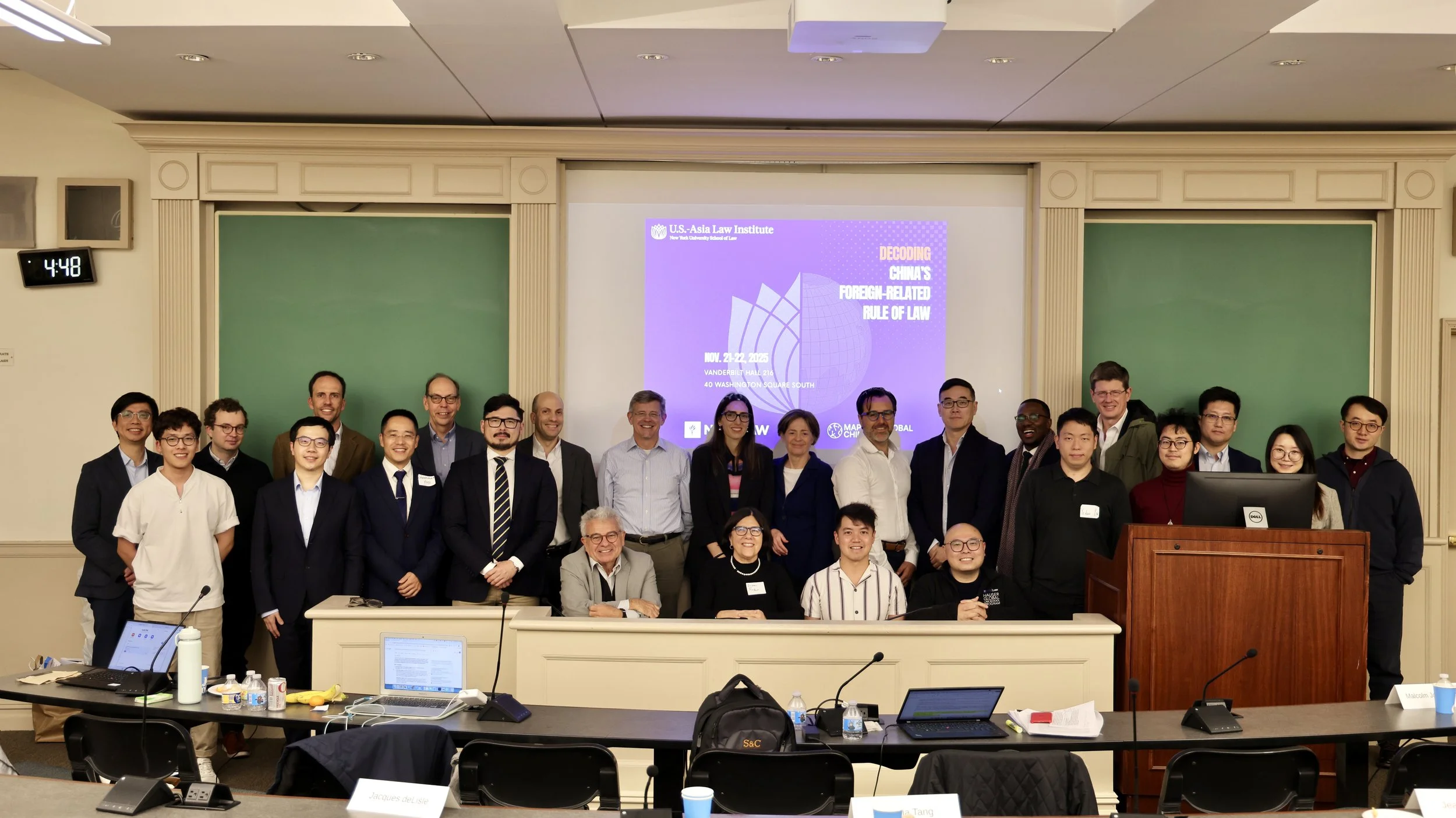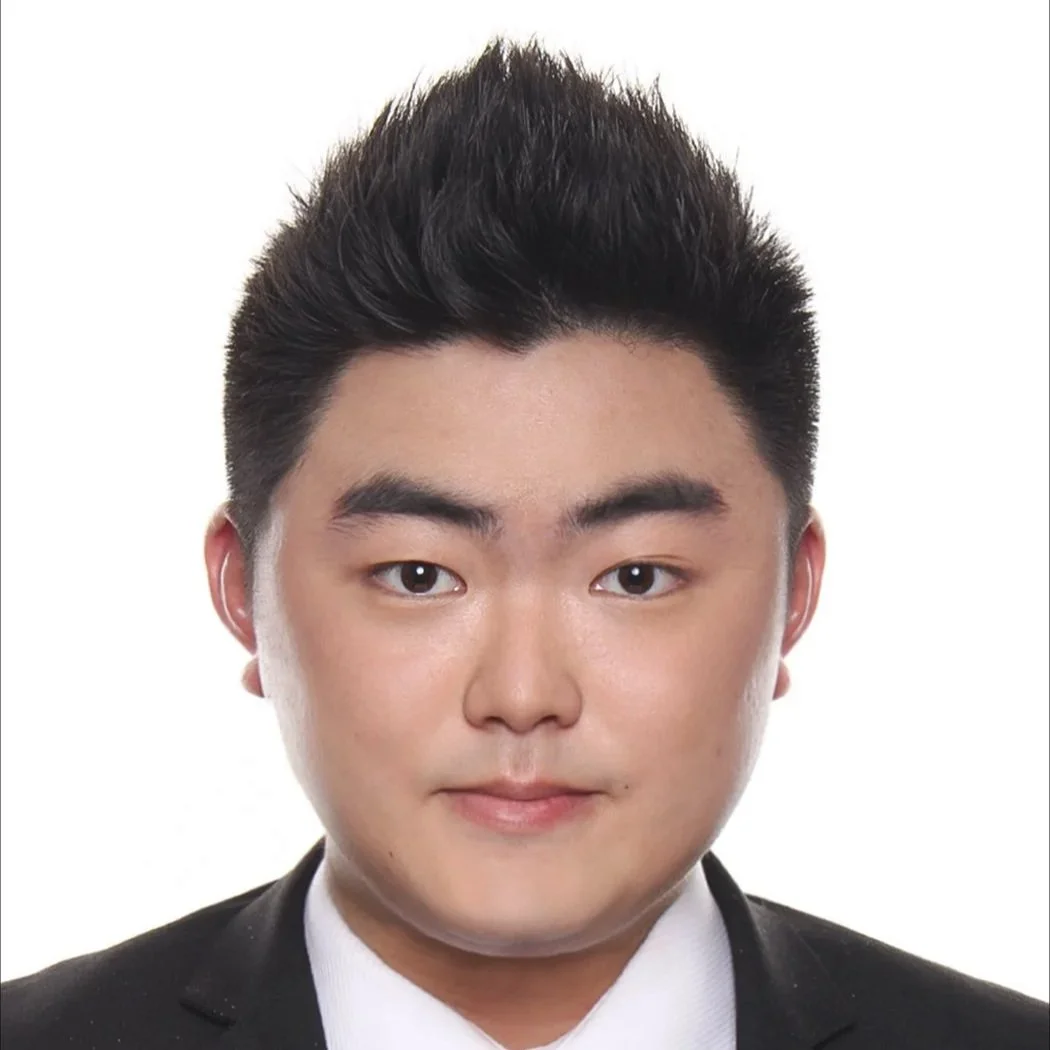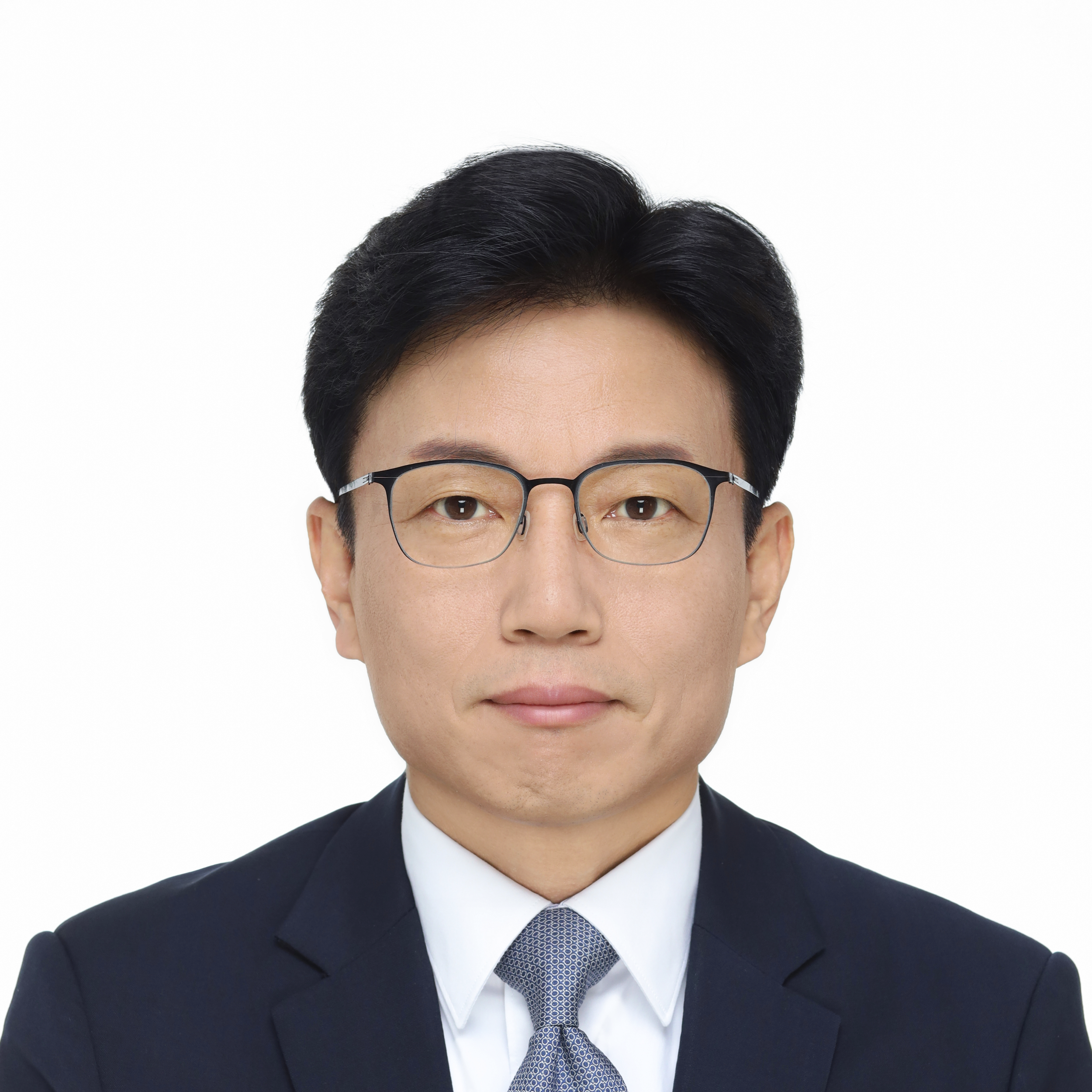Promoting Rule of Law and Human Rights in Asia
The U.S.-Asia Law Institute serves as a bridge between Asia and America, fostering mutual understanding on legal issues and using constructive engagement to advocate for legal progress.
New and Notable

In 2023, the Hong Kong Court of Final Appeal delivered a landmark judgment in Sham Tsz Kit v. Secretary for Justice, giving the Hong Kong government two years to provide an alternative legal framework to recognize same-sex partnerships. The court’s deadline has passed with no such legal framework in place. Preston Cheung and Venisa Wai write that what the government does next will send an important signal about the future of Hong Kong’s constitutional order and the authority of the Court of Final Appeal in deciding constitutional questions.
South Korea is carrying out one of the most far-reaching reforms of its modern legal history. It is abolishing the powerful 78-year-old Prosecutors’ Office and separating the roles of investigator and prosecutor in an effort to curb abuses and restore public trust. Jaewoong Yoon analyzes why the shakeup is deemed necessary, why it has been so long in coming, and the challenges ahead.
The standoff between the two governments on either side of the Taiwan Strait has now lasted for 76 years. Elizabeth Chien-Hale, a daughter of Taiwan, writes that this is longer than her own lifetime and asks: why isn’t anyone working toward a peace agreement?
January 4 - January 10
China's Ministry of Commerce bans exports of dual-use goods to Japan; Cambodia hands over to China a man accused of leading a massive transnational online scam operation built on forced labor; more voices in Hong Kong call for a crackdown on bid-rigging in building maintenance following a devastating residential estate fire; Japan’s government plans to create an institution to review foreign investments in domestic companies; South Korean President Lee returns from a visit to China and says he built a foundation for the full restoration of relations with Beijing; a Taiwanese court convicts a Chinese fishing boat captain of negligently damaging an undersea cable and deports him to China.
December 21 - December 27
China’s legislature revises the Foreign Trade Law to strengthen IP protection and revises the Civil Aviation Law to begin formally regulating drones; Japan’s Cabinet approves a record defense budget plan as tensions with China rise; South Korea’s National Assembly approves legislation requiring two Seoul courts to create specialized panels to handle future cases involving rebellion, treason, and foreign subversion; Taiwan’s opposition-controlled Legislative Yuan approves a motion to initiate impeachment proceedings against President Lai Ching-te as its constitutional crisis deepens.

Program on International Law & Relations in Asia







